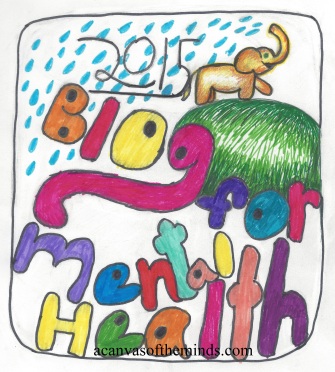
As I grow older, I have a better understanding of why we pray. I’ve written posts about praying for outcomes–like in sports. Keep us injury free, God. Help us be good sports. If it’s OK to ask, maybe a win? How it feels better to pray for someone when you feel so helpless. Send an angel their way, God. Put it on my tab. How it feels to be prayed for.
Lately, because of the pandemic, I have been thinking about how essential it is to have some kind of spiritual practice like prayer, or meditation, or hiking. Spiritual practices remind us to connect to ourselves, to others, and to something larger than ourselves, so that we can maintain perspective. Unless we put in the effort, we forget. We get caught up in insignificant things. Take things for granted.
The other day I was watching a rerun of the UVA-UNC game from 1996. If you aren’t a hard core UVA fan, perhaps you didn’t know that we came back in the 4th quarter after being down 17-3 to win 20-17. A miraculous win. A reward for those who stay until the very end of the game, hoping against all odds that it can happen.
It struck me how old everything was. The graphics looked silly. The hairstyles. The uniforms. And we were so good! I couldn’t believe the number of successful pro players we had on offense and defense! Wow! I really took being good for granted.
And then I thought about other things that I didn’t think it was possible to lose. I would have never dreamed that there wouldn’t be sports to watch on TV at all. That you couldn’t go to a game. Couldn’t even go to a sports bar and watch the game with likeminded fans. Or have a watch party of your own.
Maybe it seems silly to you, waxing poetic about a football game. But in a way, that’s the point. There are so many things in any given moment that we take for granted, until they are taken away from us. I pray and practice mindfulness so that I can catch myself in the act. To cultivate gratitude. But no matter how hard you try, it’s impossible to be grateful for everything that each moment has to offer. Which means that, no matter what we lose, there are still so many more good things that remain.
This is one of the ways that I try to keep things in perspective during the pandemic. It is a gift to be able to have a game to watch at all this weekend. UVA vs. Duke, in case you didn’t know. And to be good enough to be a 5 point favorite, even though we haven’t even taken the field yet this season, and Duke has played twice. I wouldn’t have been thankful for all of these things if not for the pandemic.
So Go Hoos!
















